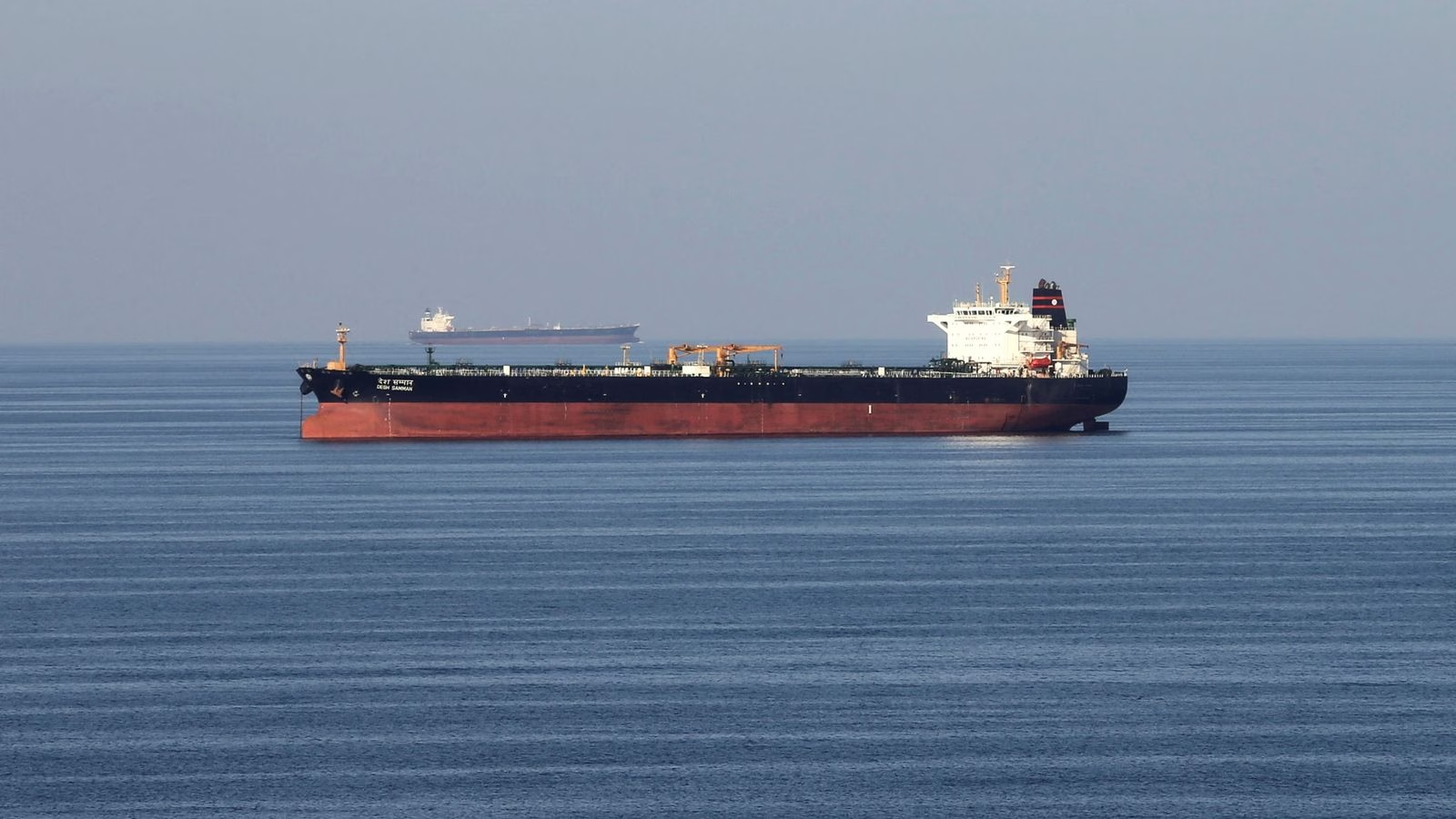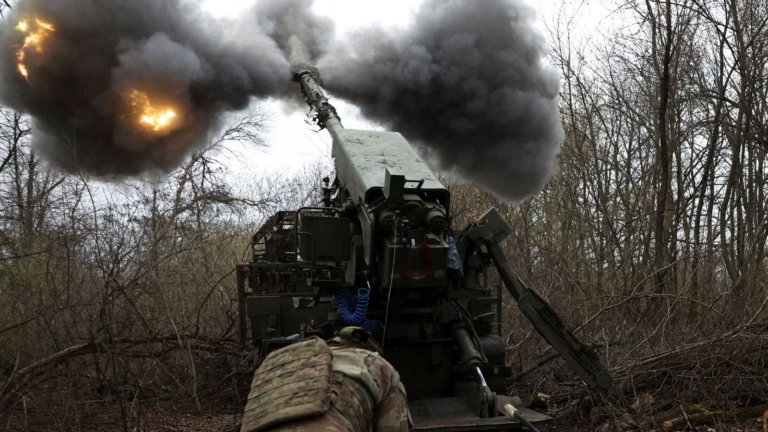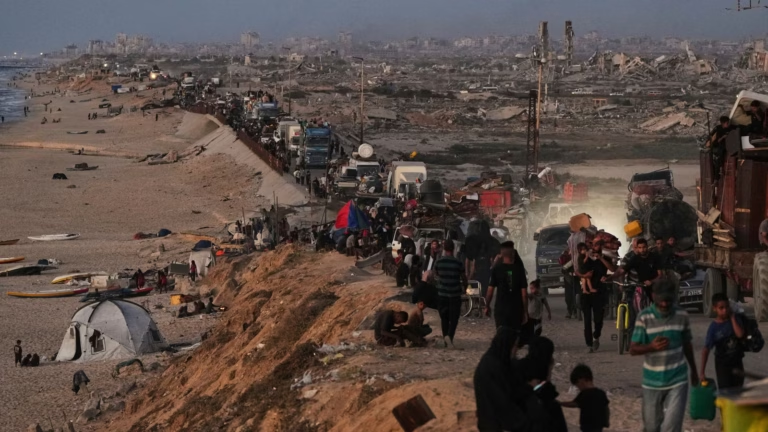Its waterways serve as a critical thoroughfare for cargo ships carrying oil and for container ships bearing goods and appliances.
Skirmishes in the Middle East predictably affect the oil price, causing it to surge as investors become fearful about supply issues resulting from potential blockages and attacks on these sea routes.
Consequently, shipping insurance premiums also rise, ultimately passed on to the consumer.
Brent crude, the international benchmark, was up 8%, reaching $75 (£55) a barrel.
Follow live updates on the Israel-Iran conflict
This situation affects the economy broadly, as oil is a key component in the manufacturing process for numerous goods and services, from plastic toys to air travel.
According to the International Monetary Fund (IMF), a 10% increase in oil prices can lead to a 0.4 percentage point rise in inflation in advanced economies.
While some experts remain optimistic about the trade implications, the region faces various challenges.
</div>
<div class="sdc-article-widget sdc-article-strapline sdc-article-strapline--default-layout" data-component-name="sdc-article-strapline" data-tracking-uuid="..." data-tracking-uuid-index="0" data-entity-id="250891" data-entity-uuid="...b5d4" data-container-uuid="..." data-conscious-loading-uuid="...">
<div class="sdc-article-strapline__link">
<div class="sdc-article-strapline__image-wrap">
<picture>
<source srcset="..." media="(max-width: 480px)">
<source srcset="..." media="(min-width: 481px)">
<img loading="lazy" src="..." alt="Follow The World" class="sdc-article-strapline__image"/>
</picture>
</div>
<div class="sdc-article-strapline__body">
<span class="sdc-article-strapline__title">Listen to The World</span>
<p>The complete podcast with Richard Engel and Yalda Hakim
<a href="https://suchPodcast.com/mypodcast" target="_blank">Tap to follow</a>
</div>
</div>
</div>
<strong>Learn more about:</strong><br/><a href="#">Why are relations deteriorating?</a><br/><a href="#">Who are the key figures targeted?</a><br/><a href="#">What military capabilities does Iran possess?</a>
Houthi rebels, supported by Iran, have attacked ships sailing from the Red Sea to the Suez Canal – a vital route for container shipping.
“This situation forces some ships to take a detour around Africa, increasing travel times by a week or two and costing an additional $1 million per trip,” says Sarah Schiffling, a shipping and trade expert.







